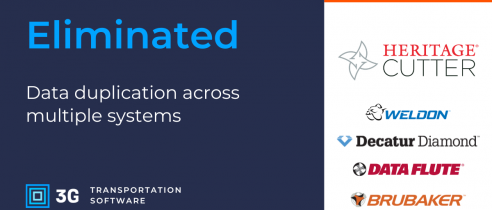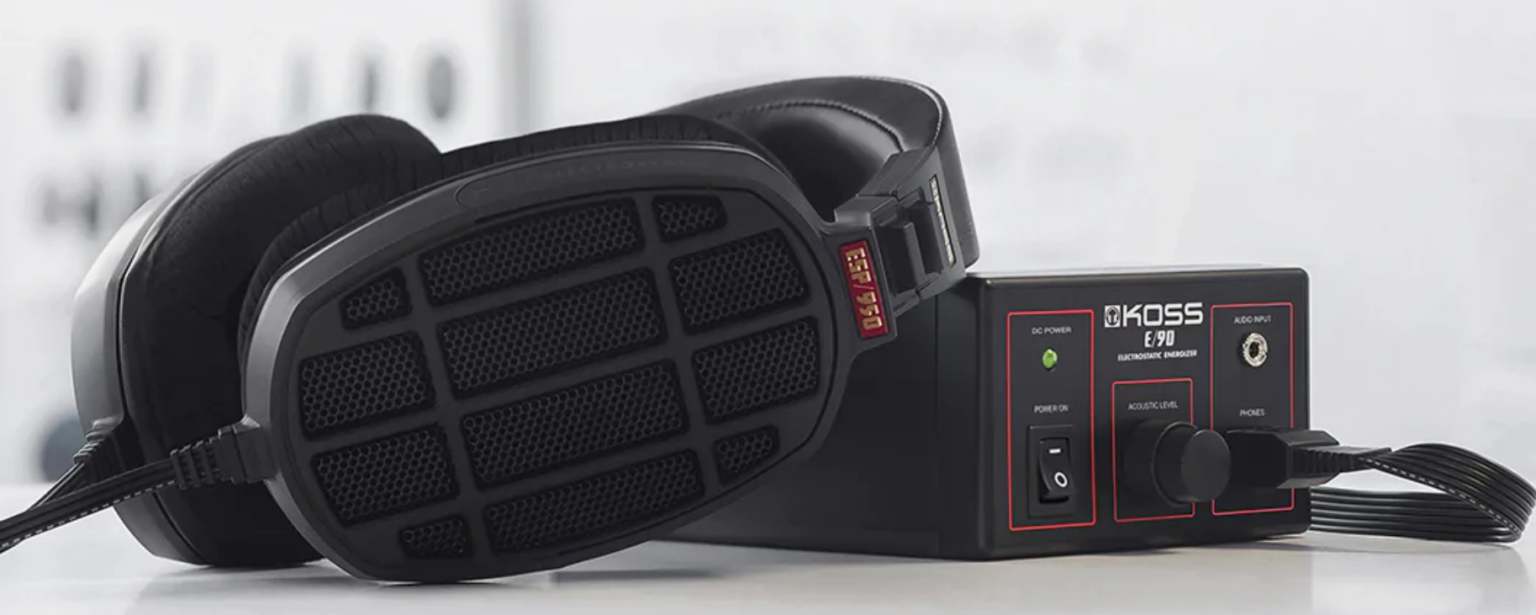Koss is an integrated manufacturer, distributor, and retailer of high-quality headphones. As the Milwaukee-based company grew, its operations became more complex, necessitating retirement of its aging, on-premises, ERP. As it looked to move into the cloud, it selected Oracle NetSuite to replace it.
With a long history of integrating technology into its operations, Koss knew that a new ERP would require new shipping and EDI (Electronic Data Interchange – the industry standard for transmitting Advanced Shipment Notifications to retailers) solutions as well. Based on recommendations from its Oracle NetSuite partners, the company went with Pacejet for its shipping software, and SPS Commerce for its EDI needs. Koss used Pacejet to keep up with growing demand for its products from both retailers and consumers, and SPS to transmit ASNs (aka “the 856”) to its retail trading partners. On the wholesale side, this setup allowed Koss to handle the shipping volume while ensuring each trading partner receives ASN compliant with its specific requirements.
Eventually, however, Koss’ tremendous growth with one particular channel partner – Amazon – began posing additional challenges. Amazon orders could exceed 500 packages and Koss needed the ability to consolidate ultra-high-volume shipments. The company had to manage those orders in smaller batches, then reconstitute them, requiring a manual generation of ASN labels (aka “UCC128/GS1 labels”) and data matching. Too much manual work was required (20-30 minutes per shipment on the Koss side), and human intervention always brings with it the possibility of errors.
To institute full automation, Pacejet recommended that Koss try a new, jointly developed, integration with SPS designed specifically for Oracle NetSuite users. Pacejet and SPS had gone beyond simply integrating with one another, developing an integration between their respective Oracle NetSuite integrations, too. This provided a powerful solution, allowing Koss to manage ultra-high-volume shipments in smaller batches, then automatically consolidate them to match the original orders. The two systems (Pacejet and SPS) could work together within Oracle NetSuite and create the proper labels, corresponding with the ASN, without limiting Koss’ ability to grow with Amazon.
Eventually, Koss transitioned all of its trading partners to this integration, so the ASN flow would be consistent across the organization. That not only created unified settings, but preempted the need for any manual work if orders from other partners eventually ballooned in size as well. The integration also provides further growth opportunities, offering the option of multi-level packing using pallets.
Now available to all joint Pacejet-SPS-Oracle NetSuite customers, this integration removes further barriers to growth for shippers increasing the size of their wholesale operations. As more and more companies opt for omnichannel distribution, accommodating immediate expansion needs is only part of the equation. Perhaps even more important is anticipating long-term growth potential, and the software that will make it possible.
Pacejet and SPS have been great partners in identifying and implementing the right solutions for meeting the needs of our largest retail trading partners. Without this latest integration, our growth opportunities with Amazon, and potentially others, would have experienced costly bottlenecks. But now, with the ability to consolidate at volume, those limits no longer apply.





